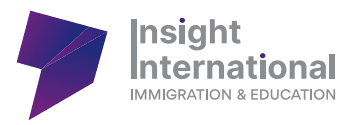https://www.insightinternational.in/contact-us/Introducing the benefits of studying in Canada encompasses various factors that make it an ideal destination for international students. Canada’s education system offers prestigious degrees from renowned colleges, alongside ample scholarship opportunities. Moreover, the country boasts a high standard of living, characterised by a vibrant lifestyle with numerous amenities like restaurants, hotels, and shopping malls. Safety is paramount, making Canada a favoured choice among parents and education consultants alike. Affordability is another draw, with lower costs for tuition, living expenses, and food compared to other countries. The prospect of part-time work during studies alleviates concerns about post-graduation employment, with abundant job opportunities in various sectors. Additionally, Canada’s natural beauty, multicultural society, and favourable visa policies, including pathways to permanent residency, enhance its appeal. The diverse culture and captivating weather further enrich the experience, offering students a unique and fulfilling academic journey in a welcoming environment.
Canadian Visa Requirements
Student Visa
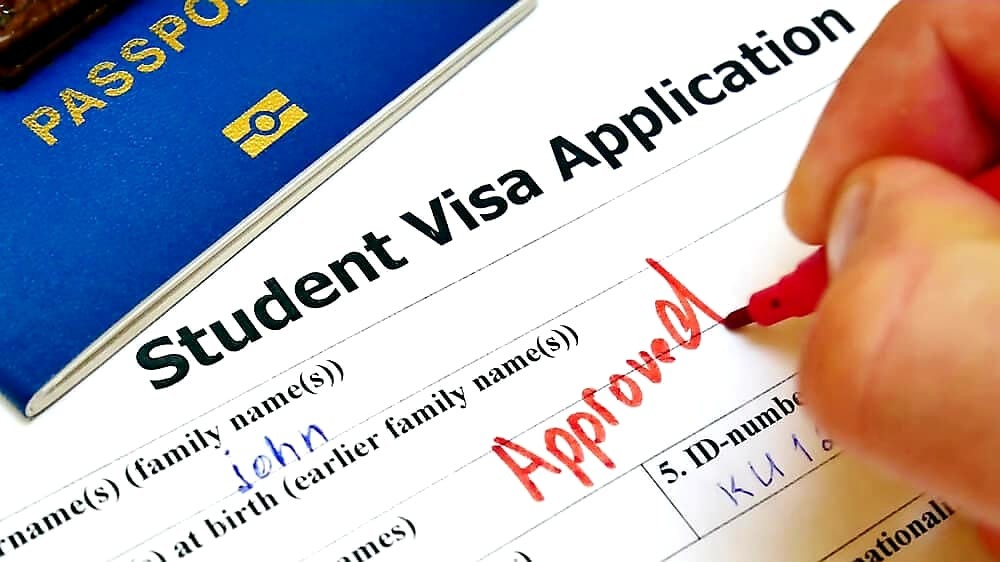
To obtain a study permit visa in Canada, several key steps must be followed. Initially, ensure you have secured admission to a designated learning institution (DLI) and possess a valid passport or travel document. Additionally, a provincial attestation letter (PAL) from the province or territory of study, along with proof of financial support, is required. Designated learning institutions are approved schools authorised by provincial or territorial governments to host international students. It is essential to verify if your intended post-secondary institution is on the approved list. For conditional acceptances, where prerequisite courses are necessary, a study permit will be granted for the duration of those courses, with the need for an extension upon acceptance into the main program. If studying in Quebec, obtaining a Quebec Acceptance Certificate (CAQ) from the Government of Quebec is mandatory. As a study permit holder, compliance with designated learning institution enrollment, academic progress, and permit conditions is imperative. Biometrics collection may be necessary, with in-person submission at the Visa Application Centre (VAC) if required. Upon application submission, monitoring the status via the Immigration, Refugees and Citizenship Canada website is advised, following the creation of an account on the site. It is recommended to initiate the study permit application process promptly upon receipt of acceptance and attestation, as processing times may vary, potentially taking up to three months depending on the applicant’s location.
Work Visa

When seeking to obtain a travel or work visa for Canada, it’s crucial to assess the necessity based on the nature and duration of your intended stay. For visits lasting less than six months, international students have specific visa options depending on their circumstances. Those planning to study in Canada for a short duration require a travel visa or an Electronic Travel Authorization (ETA) for passport holders from designated countries. The appropriate visa type can be determined by answering online queries. Conversely, for international students enrolled in post-secondary programs, opportunities for work during studies are available under certain conditions. Part-time work without a permit is permitted for full-time students at designated learning institutions (DLIs) enrolled in programs leading to degrees, diplomas, or certificates, provided they possess a social insurance number (SIN) and have commenced their studies. However, for participation in work placements during studies, a work permit is mandatory. Understanding Canadian Visa Requirements, Canada Visa Changes, and Canada Immigration policies is essential for a seamless application process.
For Immigrants
Understanding Canadian Visa Requirements is crucial for immigrants planning to relocate to Canada. With ongoing Canada Visa Changes and evolving Canada Immigration policies, prospective immigrants must stay informed about the latest updates. The Canadian Visa Requirements encompass various factors, including documentation, financial stability, and eligibility criteria specific to different visa categories. Immigration applicants must demonstrate their suitability for Canadian residency through thorough documentation and adherence to immigration regulations. Keeping abreast of Canada Visa Changes ensures applicants are well-prepared to navigate the immigration process efficiently. Moreover, being knowledgeable about Canada Immigration policies helps immigrants make informed decisions and enhances their chances of a successful visa application.
Recent Changes in Canada Visa
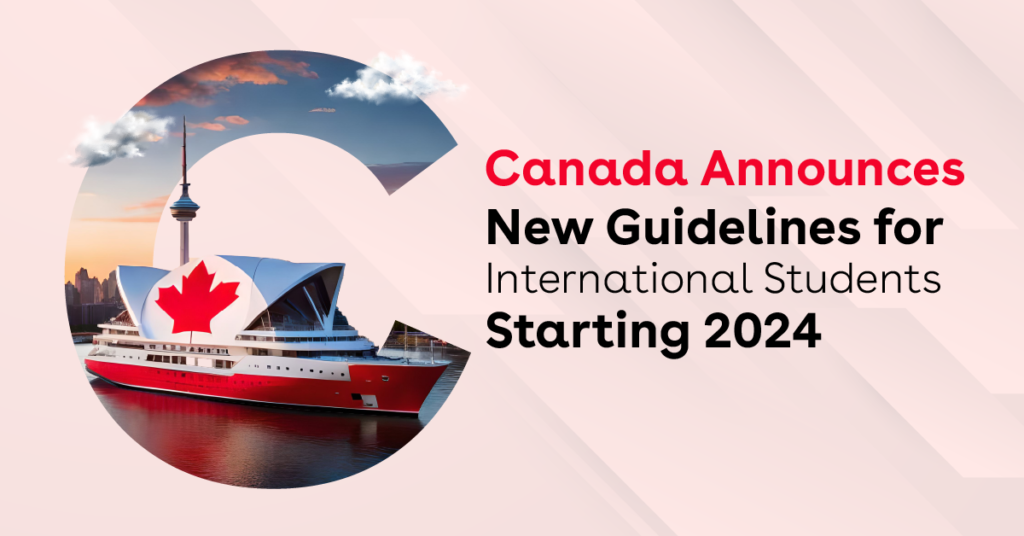
Canada has recently implemented several significant changes to its visa policies, impacting individuals seeking entry into the country. These alterations encompass various aspects, including eligibility criteria, application procedures, and documentation requirements. Notable updates include adjustments to financial proof thresholds, introduction of attestation letter mandates, and modifications to post-graduation work permit program regulations. These changes aim to streamline the visa application process, enhance transparency, and ensure alignment with evolving immigration priorities. Prospective travellers and immigrants are encouraged to stay informed about these recent changes to navigate the visa process effectively and maximise their chances of success. Certainly, here are some of the important changes that have been implemented in the Canadian visa process:
-
- Enhanced Work Opportunities for Students
Traditionally, international students were restricted to working off-campus for 20 hours per week during regular academic terms and 40 hours per week during breaks, such as summer holidays. In the autumn of 2022, a temporary adjustment allowed international students to work unrestricted hours while classes were in session. Originally intended to last until December 2023, this extension of work hours has now been prolonged until April 30, 2024. Additionally, the government has hinted at the possibility of permanently increasing the weekly working hour limit in the future, although no official announcement has been made. This development presents international students with the chance to augment their income and amass valuable work experience during their time in Canada.
-
- Augmented Financial Prerequisites
As part of the Canada Visa Application process, international students must demonstrate sufficient financial support to sustain themselves in Canada throughout their studies. Previously, the minimum financial proof required (in addition to travel and tuition expenses) was set at C$10,000 annually. However, in response to the escalating cost of living in Canada, the minimum financial support requirement has been elevated to C$20,635 for the year 2024. Consequently, effective January 1, 2024, all new study permit applications must adhere to these revised financial proof stipulations.
-
- Reforms in the Post-Graduation Work Permit Program
Traditionally, eligibility for a Post-Graduation Work Permit (PGWP) necessitated graduation from an eligible in-person Canadian program. However, due to the COVID-19 pandemic, international students were allowed to complete up to 50% of their studies online. This provision remains applicable for students commencing a Canadian study program before September 1, 2024. Nonetheless, it’s imperative to note that there will be no further extensions to this PGWP policy beyond that date.
-
- Introduction of a New Study Permit Application Form
Canada has streamlined its study permit application process. Effective December 1, 2023, a revised version of the study permit application form (IMM1294) has been introduced. Consequently, the previous form will no longer be accepted. Therefore, applicants utilising the IRCC secure account must ensure the use of the updated form for submissions commencing from that date.
-
- Validation Requirement for Letters of Acceptance
Lastly, as of December 1, 2023, Canadian educational institutions are mandated by the government to validate the authenticity of each letter of acceptance. Failure by your college or university to do so promptly will result in the rejection and refund of your study permit application.
How Changes Affect International Students in Canada?
The imposition of an international student cap raises concerns among prospective applicants regarding its impact on their chances of obtaining a Canadian study permit. With a reduced number of study permits expected to be approved, gaining admission to Canadian Designated Learning Institutions (DLIs) is anticipated to become increasingly competitive. While applicants for master’s or doctoral programs may see minimal effects, those enrolling in undergraduate programs, such as bachelor’s degrees, diplomas, or certificates, might encounter greater difficulty in qualifying for study permits. The impact of the cap is projected to be particularly significant in Ontario, British Columbia, and Nova Scotia, leading to heightened competition for students interested in these provinces.
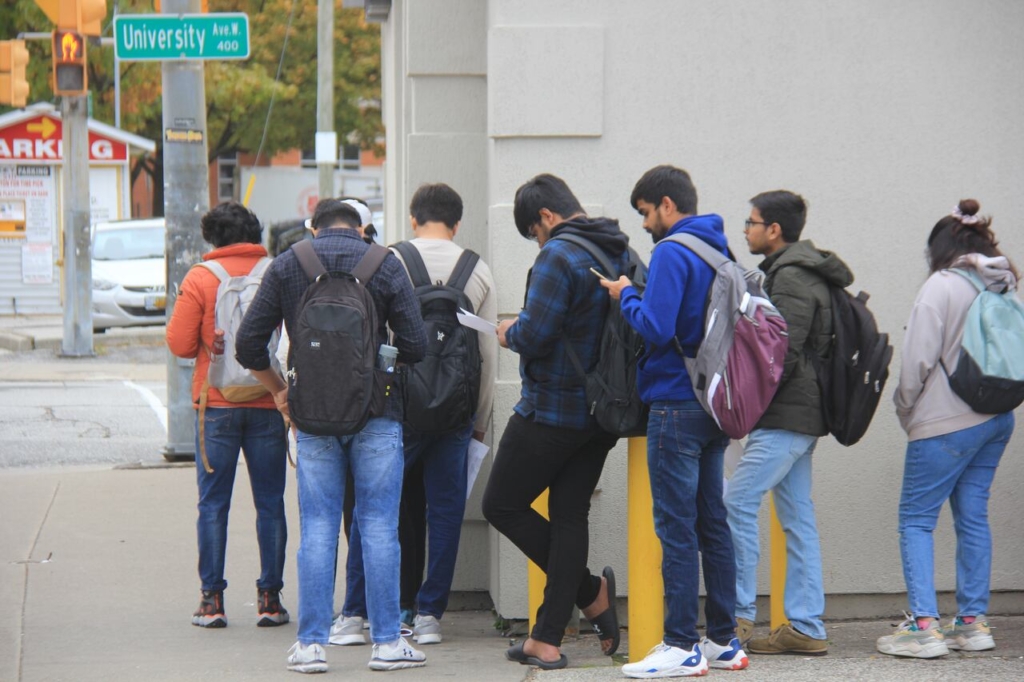
Furthermore, starting from January 22, 2024, applicants will be required to obtain an attestation letter from the province or territory where they intend to study, serving as additional proof of the legitimacy of their application. This additional documentation, alongside the existing requirements such as the Letter of Acceptance (LOA) and proof of financial support, aims to bolster the credibility of study permit applications. However, while the federal government has set a deadline of March 31, 2024, for provinces and territories to establish processes for issuing attestation letters to international students, delays may occur, potentially prolonging processing times and affecting the study permit application timeline, particularly for students aiming to commence their studies in the summer of 2024.
Common Challenges Faced by Students
Canada stands as a premier choice for international students owing to its esteemed education system, rich cultural tapestry, and welcoming populace. Nonetheless, akin to any global endeavour, pursuing studies in Canada presents its array of challenges. In this article, we will delve into common hurdles encountered by international students during their Canadian academic journey, offering insightful tips to navigate and surmount these obstacles effectively.

-
- Navigating the Language Barrier and Cultural Adjustment
Canada proudly celebrates its cultural mosaic, offering a vibrant blend of diverse traditions and backgrounds. From indigenous heritage to African, European, Asian, Middle Eastern, and Latin American influences, the country welcomes people from all walks of life. However, for international students transitioning to Canada, the multicultural landscape can trigger significant culture shock. One Nigerian student, for instance, was surprised by the informal approach to addressing teachers, unlike the formalities observed in his home country.
Solution: To overcome language barriers and adapt to the cultural milieu, maintaining a positive mindset is essential. Embrace curiosity and take initiative to learn about your surroundings, demonstrating respect for the diverse community. Engage in activities such as volunteer work or joining social groups outside your familiar cultural sphere. Additionally, consider enrolling in language courses online to improve your English or French proficiency, facilitating smoother integration into your new environment. By actively engaging with the community and embracing linguistic and cultural diversity, you can effectively navigate the transition and thrive in your Canadian academic journey.
-
- Addressing Financial Constraints
For many international students, financial challenges can pose a significant hurdle during their time studying in Canada, exacerbated by currency exchange rates and the high cost of living. Balancing expenses while adjusting to a new environment and managing academic responsibilities can be daunting. However, it’s essential to explore practical solutions to alleviate financial strain.
Solution: One avenue is to leverage your Canadian student visa’s allowance for both studying and working in Canada concurrently. By securing part-time employment, you can supplement your finances and ease financial burdens. Additionally, adopting a budget-conscious lifestyle can help optimise your resources and stretch your earnings further. Another option is to pursue a work permit, enabling you to work longer hours than permitted by your student visa, offering additional financial stability.
By exploring these strategies – combining part-time work, budgeting, and potentially obtaining a work permit – international students can effectively manage their finances and alleviate the stress associated with financial constraints while pursuing their education in Canada.
-
- Finding Suitable Accommodation
When seeking accommodation in Canada as an international student, several factors come into play. Location proximity to your school, budget constraints, and personal preferences all play crucial roles in your decision-making process.
Solution: To tackle these challenges effectively, it’s advisable to ask pertinent questions to potential landlords before finalising any rental agreements. Additionally, forming connections with fellow students who have experienced the accommodation search process firsthand can be invaluable. They can offer valuable insights, share useful contacts, and provide companionship during your housing search journey, ultimately easing the transition to your new living space.
-
- Obtaining Certified Translations
For international students aspiring to study in Canada, acquiring certified translations for your documents is imperative, particularly if they are not in English or French, the official languages. The Canadian government maintains stringent translation standards for immigration purposes, necessitating adherence to these guidelines to prevent potential rejection of your application.
Solution: To streamline this aspect of your journey, it’s advisable to enlist the services of a reputable professional translation company based in Canada.
-
- Academic Struggles
As an international student in Canada, your primary focus is undoubtedly your academic pursuits. However, adapting to a new educational system can bring about significant challenges. From managing assignments and projects to balancing social life, interacting with professors, and combating homesickness, the multitude of responsibilities can exert pressure and directly influence your academic performance.
Solution: Overcoming these challenges requires a proactive approach, involving seeking assistance from professors, friends, and colleagues. It’s essential to recognize that many of your peers may be grappling with similar issues. Consider joining study groups or participating in academic support programs offered by your school to enhance your studying.
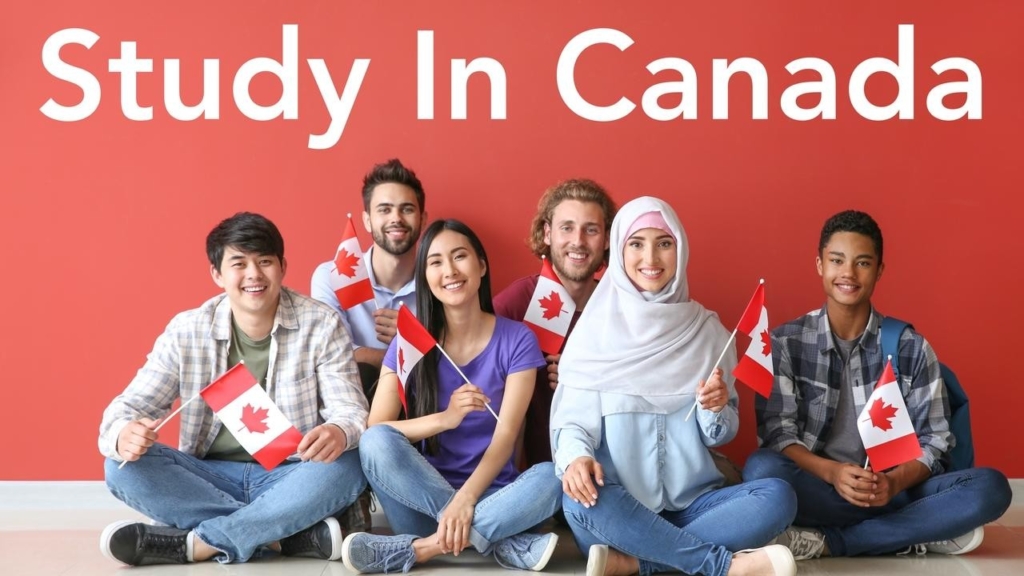
In conclusion, while navigating the ever-evolving landscape of Canadian Visa Requirements amidst ongoing Canada Visa Changes can be daunting, there is hope on the horizon for both prospective applicants and students already in Canada. Despite the challenges posed by new regulations, it’s essential to remain optimistic about the opportunities that lie ahead. For applicants, staying informed and proactive in meeting updated requirements is key to securing a successful visa application. Meanwhile, for students already in Canada, adapting to changes and embracing support networks can help navigate any uncertainties. With resilience, determination, and a positive outlook, both applicants and current students can overcome obstacles and fulfil their aspirations in the vibrant and welcoming environment of Canada.
To explore student counselling services and gain further insights into studying in Canadian Universities, Please reach out to us through
